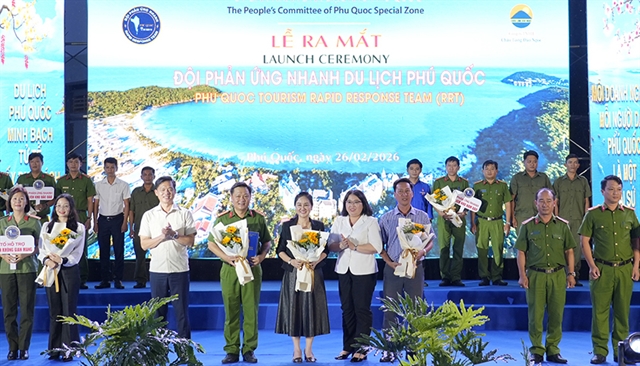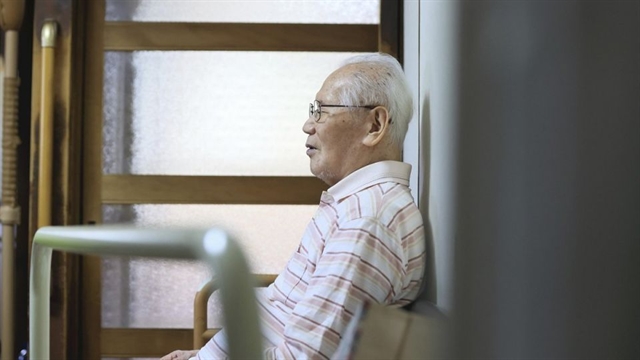 Life & Style
Life & Style

 |
| Isao Shirahata speaks about his experiences during World War II in Kyoto on July 31. — Photo The Yomiuri Shimbun/ANN |
TOKYO — Isao Shirahata, a visually impaired man who trained to distinguish the sounds of fighter planes during World War II, still feels the loss of his friend who was killed in an air raid during the war that ended on this date 79 years ago.
Shirahata, 88, who lives in Ukyo Ward, Kyoto, still remembers the sounds American warplanes made as they flew over Japan. “Grumman and Curtiss fighters had a light sound, while B-24 bombers had a heavy sound,” he said.
Shirahata lost sight in his left eye in a bicycle accident when he was 7 years old, and his vision in his right eye also deteriorated.
In 1944, when he was 8, he entered the Kyoto Prefectural School for the Visually Impaired in Kyoto City.
In class, students repeatedly listened to a record of a “collection of enemy aircraft sounds” assembled by the Japanese Imperial Army.
The record contained sounds of various aircraft models at different altitudes. It also explained the differences between them.
He remembers a teacher telling them, “Remember these sounds and use what you remember to serve your country or to protect yourself.”
“[The training] may have been intended to mobilize [the students] as ‘air defense surveillance’ personnel to quickly detect enemy aircraft attacks at a time when the country was running short of soldiers due to the worsening war situation,” said Hiromi Kishi, 75, of the Japan Society on the History of Blind Education.
There was a case of a visually impaired person in Ishikawa Prefecture who actually worked in air defense monitoring.
“People with disabilities who were exempted from the draft tended to be discriminated against as ‘moochers’ or ‘useless.’ They were probably trying their best to serve their country in any way they could,” Kishi said.
In March 1945, Shirahata returned from a dormitory to his parents’ home in Miyazu, Kyoto Prefecture. On July 30, Shirahata was catching cicadas with a friend in the hills behind his house when he noticed a sound he had heard on recording many times before: approaching Grumman planes.
The two fled to a bomb shelter, but fragments of the bomb flew into the shelter and hit his friend, killing him instantly.
“I could distinguish the sound of the aircraft, but I couldn’t do anything about it,” he said.
He also lost sight in his right eye at the age of 14. After graduating from the school for the visually impaired, he taught acupuncture and moxibustion at the school for about 30 years.
After retirement, he did further study on acupuncture and moxibustion at Toho University, where he received a doctorate in medicine at the age of 64.
“The war was the worst experience of my life. There is no logic to war,” he said. “Today, while systems and services for people with disabilities have been established, I feel alienation. I wonder if we are living in a society where we can truly help each other.” -- THE YOMIURI SHIMBUN/ANN




